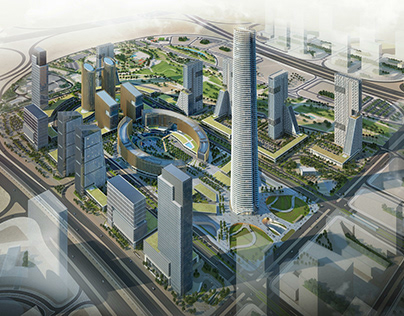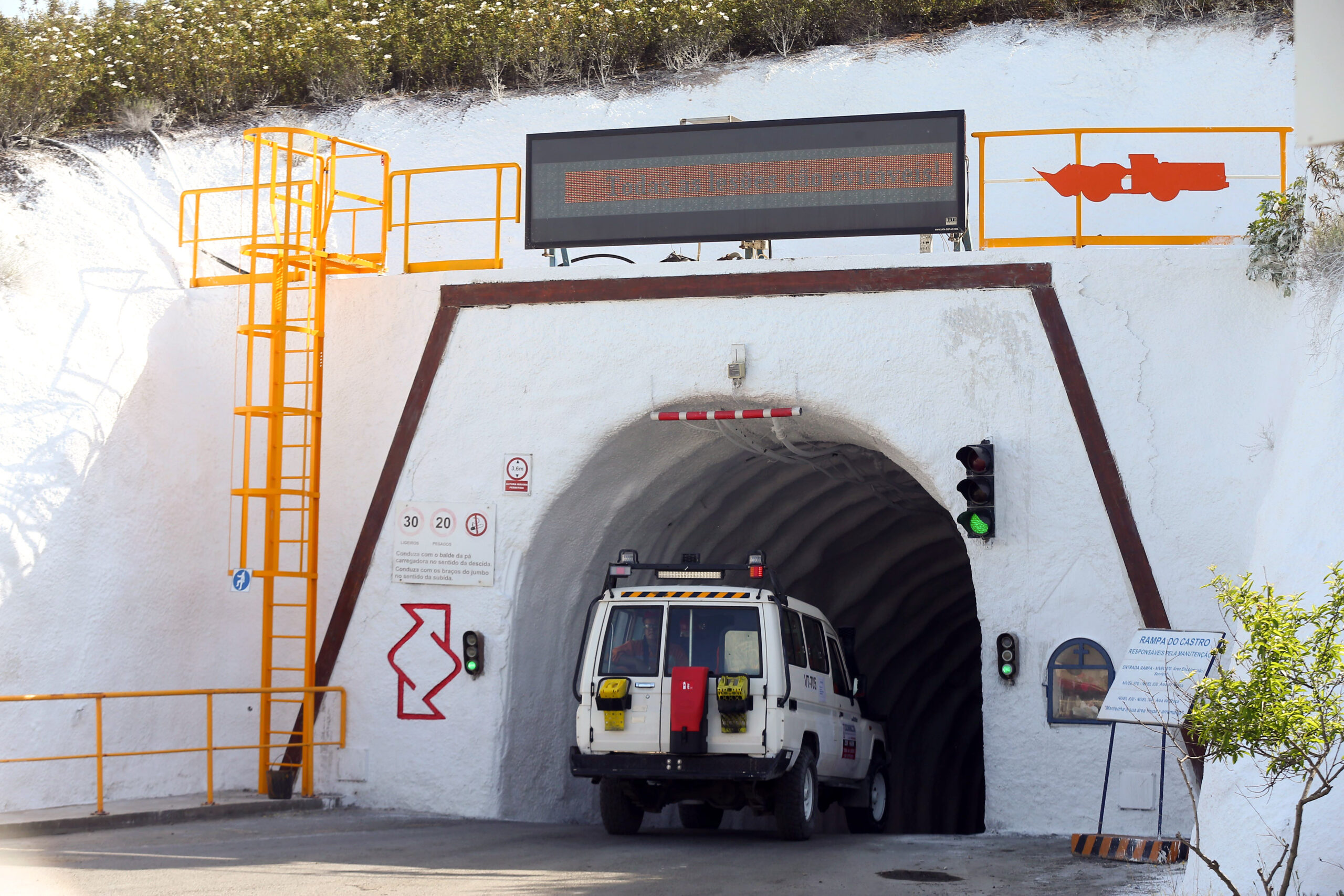
From an investment perspective, are there particular global trends, the high level of demand for gold in the Middle East and Asia at present for example, that give you encouragement for future growth in Africa’s mining sector?
The thing about gold that you have to remember is that there is actually very little physical gold around the world today. That is why in India, for example, gold is currently trading for around $1,600 an ounce.
Now, while this level of demand for certain commodities does bode well for Africa and presents a lot of opportunity, it is imperative that certain nations and political leaders show due respect toward long-term capital. When it comes to mining projects today, everything is agreed on the basis of a ten-year government guarantee, and one that provides companies with tax stability. In a democratic society, such agreements mean that even when a new political party takes over the running of a country, they are bound to honour that ten-year model. Without such a model in place a country just isn’t able to attract capital.
And is this a model that has grown in significance in Africa in recent years?
Indeed it has, because now you have more companies from North America and Europe looking at areas such as the Congo, for instance, where there is little in the way of social or economic stability, and questioning whether the risk of moving capital to such a place is even worth it. These are the countries where, every time a new government is formed, they introduce new regulations and rules that dissuade investment. We call these ‘no-fly zones’.
Are there ways that African nations can try and avoid becoming no-fly zones?
If a country wants to attract capital for long-term infrastructure building and job creation, then their best course of action would be to adopt something similar to what you find in Mongolia today, which is known as a tax stability agreement. In the US we use the term 'you can’t move the goalposts' This form of agreement gives stability that those mining companies, who are literally tossing billions of dollars to get a mine up and running, demand today.
Bearing all this in mind, does Africa remain a promising destination for large scale future mining projects?
If you were to ask me if Africa is rich as a continent, then I would say of course, spectacularly so. Where Africa also benefits is the fact that it is one of very few destinations in the world that is growing rapidly without debt. It is a cash economy and those countries that have the most fiscal stability are the ones experiencing the strongest growth. In the US and Europe, we leverage to achieve growth, but they don’t need to do that in Africa because they are operating from such a low base. So that is where your opportunities are.
Are you able to reveal to us any of the themes or topics you plan to discuss at Mining Indaba 2014?
One of the things I plan to do is revisit an idea I put forward some years ago and that was that the dream of Africa should be to build a railway all around the border of the continent, one that measures some 25,000 kilometres. At the time I said that if you really wanted to unite the continent, then a super railway line should be constructed one kilometre from the sea all around Africa. Then, along that rail line, every 1,000 kilometres you come to a tax free port. The result of this would be a system that allows trade to move around the continent freely, thus creating an active economy of connectivity. I believe it was about eight years ago that I proposed such a radical idea so maybe now would be a good time to dust that off.
Looking at Africa today, what lessons can it learn from elsewhere around the world if it is to create an ideal environment for investment?
Another piece of the puzzle required is for money to be spent on building airports. What the Chinese did, and this is something that Africa can definitely learn from, is they established tax free zones. From there they poured capital into the building of ports and a commercial railway, before moving on to airports and hotels. These airports immediately made it easier for people to fly in and out of the country to conduct business, and helped facilitate the export of goods out of the country.
Today we find China in the process of building a light rail network across 25,000 kilometres with trains travelling at 300 kilometres per hour. This is allowing the average person to travel across the country more easily than ever before.
This all comes back to the idea that it is only with the kind of fiscal stability that China has to make such projects a reality, that Africa can hope to achieve social stability. Once African countries have transparent policies in place that call for the building of things like airports, ports and hotels, then it can replicate these kinds of models for infrastructure building for their own long-term benefit.
To learn more about Frank Holmes and US Global Investors, visit:
www.usfunds.com












